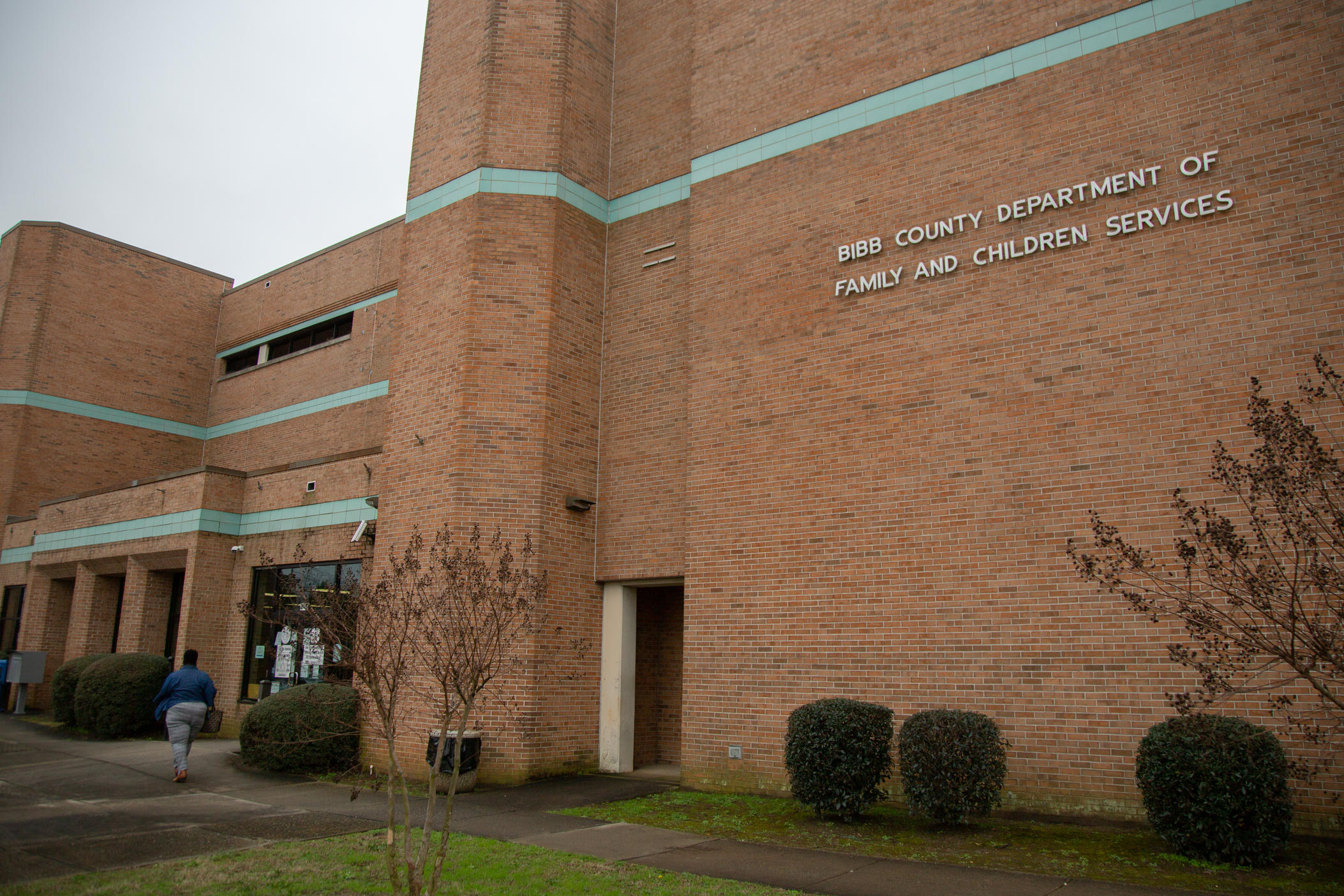Section Branding
Header Content
Medicaid is 'vitally important' for people in rural areas. That's at risk during unwinding
Hero Image

Primary Content
Adults and kids in most of rural Georgia are enrolled in Medicaid at almost double the rates than those in cities, according to a new study from Georgetown University’s McCourt School of Public Policy Center for Children and Families. That may put them at higher risk under Medicaid unwinding.
Nearly 94 million people were enrolled in Medicaid and the Children’s Health Insurance Program as of this March, the study reads, based on national enrollment data. Under unwinding, in Georgia, state agencies have until next May to check the eligibility of about 2.7 million people who were enrolled in Medicaid by the end of the COVID-19 public health emergency.
For families in rural areas, limited broadband, transportation and health care means they may have more trouble turning in the right information to stay enrolled in Medicaid, as the state checks everyone's eligibility under unwinding.
Joan Alker is a lead researcher on the study and professor at Georgetown.
“Georgia's a state that's pretty high up there on my worry list,” Alker said.
Because already, the state has disenrolled kids at a disproportionately high rate.
- RELATED: Snared in red tape, more than 63,000 Georgia kids lost Medicaid access to doctor last month
Medicaid coverage is "vitally important" in rural areas, Alker said. On average, 52% of kids in rural areas are covered by PeachCare for Kids, Georgia’s Medicaid plan for kids, according to the Georgetown study, while Medicaid covers 13% of non-elderly rural adults.
Georgia is one of 10 states that have not expanded Medicaid. Alker said that spells trouble, especially for rural families who lose coverage and aren’t eligible for other health insurance plans.
“Low- and moderate-wage workers very rarely get an offer of affordable coverage for their children,” Alker said.
The state moved forward with Pathways to Coverage, a partial expansion last month that covers adults up to 100% of the federal poverty level with work requirements. So far, the Georgia Department of Community Health says it’s enrolled 265 people in Pathways to Coverage.

